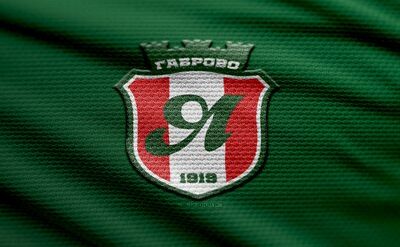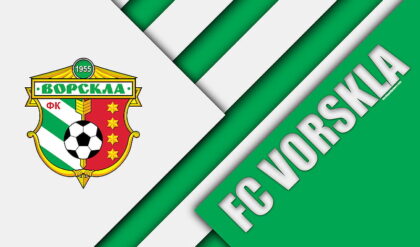The Barcelona Club is not just a football team; it embodies the spirit, culture, and pride of Catalonia. Founded in 1899 by a group of Swiss, Catalan, German, and English footballers led by Joan Gamper, the club has grown to become one of the most prestigious and well-supported football clubs in the world. The journey from its humble beginnings to becoming a global footballing powerhouse is a remarkable story that intertwines with the history of the region and its people.
History of Barcelona Club
The Barcelona Club has a rich history marked by triumphs, challenges, and unforgettable moments. Its origins can be traced back to the late 19th century when football was beginning to gain popularity in Europe. Gamper’s vision was to create a club that would represent the diverse population of Barcelona, and as such, he invited players of various nationalities to join.
The early years were tumultuous for the club, as it struggled to find its footing in a competitive environment. However, by the early 20th century, FC Barcelona had begun to establish itself as a force in Spanish football. The club secured its first trophy, the Copa del Rey, in 1902, marking the beginning of a long-standing tradition of success.
The Growth of FC Barcelona
As the 20th century unfolded, the Barcelona Club embraced professionalization and began to attract top talent. The club’s early successes laid the foundation for a more structured approach to operations, including the establishment of a youth academy and a focus on nurturing local talent. This commitment to development would soon pay off, leading to an era of sustained dominance.
By the 1920s, FC Barcelona was on the map, winning multiple Copa del Rey titles and establishing rivalries that would shape the landscape of Spanish football. Notably, the club’s incorporation of Catalonian identity became synonymous with its ethos, further distinguishing it from other teams, particularly Real Madrid.
Political Turbulence and Resilience
The impact of political events, particularly the Spanish Civil War, had a profound effect on the Barcelona Club. The club became a symbol of resistance against dictatorship and repression. Many club officials and supporters faced persecution during this period, yet the club remained resilient. This resilience was evident in the post-war era as FC Barcelona began to reclaim its place at the top of Spanish football, eventually winning La Liga in 1945.
The emergence of legends like Ladislao Kubala transformed the team’s fortunes, infusing it with a vibrant playing style that resonated with fans. The club witnessed substantial growth both in terms of its fanbase and financial resources, allowing for talent acquisition and infrastructure improvements.
Modernization and Globalization
During the late 20th century, the Barcelona Club underwent significant modernization efforts. Under the presidency of Joan Laporta in the early 2000s, FC Barcelona transformed into a global brand, focusing not just on sporting success but also on marketing and international outreach.
This era brought unprecedented triumphs, including the famous Pep Guardiola-led team that won an astounding number of trophies between 2008 and 2012. The tiki-taka playing style popularized by key players like Lionel Messi, Xavi Hernandez, and Andrés Iniesta captured the hearts of millions worldwide, solidifying the club’s place in the annals of football history.
Key Players in Barcelona Club
The Barcelona Club has been home to some of the greatest footballers in history. Each player’s contribution has left an indelible mark on the club’s legacy, shaping its identity and success.
Legends who Shaped the Club
From early stars like Samitier and Kubala to modern icons like Messi and Xavi, each player has played a pivotal role in branding the club as a dominant force in football. These legends not only dazzled on the pitch but also embodied the values and principles upheld by FC Barcelona.
Their ability to inspire younger generations and maintain the club’s ethos has been crucial in fostering a sense of belonging among supporters.
The Role of Playmakers
Playmakers are the creative lifeblood of any great football team, and FC Barcelona has been fortunate to have several standout individuals who fit this mold.
Xavi and Iniesta redefined midfield play with their exceptional passing abilities, vision, and tactical intelligence. Their partnership was instrumental in the club’s successes during their playing years. Their incredible chemistry and understanding allowed Barcelona to dominate possession and dictate the tempo of matches, often overwhelming opponents.
The Messi Era
Lionel Messi stands out as the most iconic player in FC Barcelona’s history. His journey from a young boy in Rosario, Argentina, to becoming the club’s all-time top scorer is nothing short of extraordinary.
Messi’s technical brilliance, combined with his ability to perform under immense pressure, has made him a talisman for the club. The memories of his stunning goals and match-winning performances will live on in the hearts of fans forever.





